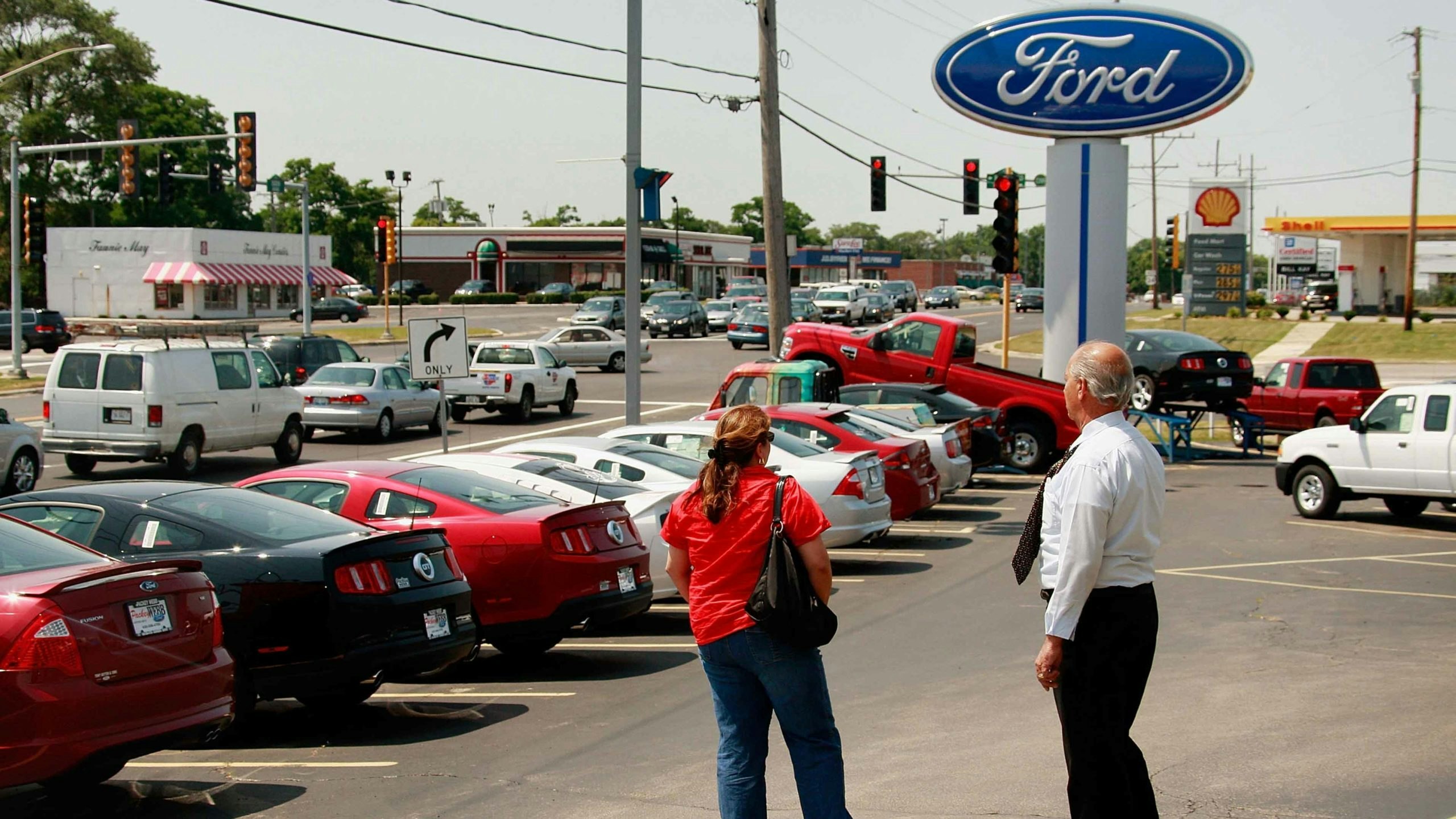Last month, I wrote about how car dealerships, in particular dealerships selling new cars, are going to find peace with the dodo bird as the world changes around them. My opinion returned a lot of commentary. Unlike most of the things I write here, the commentary was largely non-political.
To summarize, the dealership model I foresee coming in the near future will be more about service and a lot less about sales. Dealers will have small inventories of various vehicle models from their respective brands. These will be “demo” models meant only for test driving and tire-kicking purposes.
Customers will then order their vehicle and have it delivered when it’s ready. Which, for about a third or so of customers right now, is how their new car purchase works: custom order, wait for the factory to build it, then take delivery.
That big change in dealerships will come thanks to the earlier restrictions of the pandemic, our current supply chain woes, and the length of time it’s going to take to recover from both.
Not surprisingly, I’m not the only one who thinks this new dealership model is what’s to come. Jim Farley, CEO of Ford Motor Company, held an investor’s earning’s call and explained the company’s plans moving forward.
Farley’s vision is to see dealerships acting almost exactly as I outlined: small inventories, online ordering, delivery or pickup by the customer after the build. Ford is restricting that model to its electric vehicle division, for now, but that division is expected to make up about a third of Ford’s overall manufacturing inside the next five years.
And to make sure that’s possible, Ford has already met its goal of securing battery and other technology components ahead of time, so it won’t face dearths of availability later.
Dealerships, for their part, aren’t helping themselves by taking advantage of current inventory lows and high demand for the few vehicles that are available.
Price gouging is a more common practice than most manufacturers will admit to and recent surveys have shown that consumers are not pleased at all.
Those who do buy, because they have no choice and need the car, are paying the added fees, but are overwhelmingly saying that they won’t be going back to that dealership.
Worse yet, those “flipping” vehicles by selling them to customers (often straw purchasers who are in on the deal) and then reselling them for big profits are about to see deep punishment from automakers like Ford and GM for doing so.
Ford has threatened to limit dealership stock if they’re caught flipping or gouging while GM has said they’ll drop warranties for high-demand vehicles sold and resold within 12 months.
Whatever is being done, though, the damage is already there. Dealerships were already on shaky ground with many consumers who despise the high-pressure sales tactics and the funneling system of negotiations during the purchase process.
Customers are now given more reason to see car dealers as on par with Washington politicians with these new shenanigans.
Dealerships in today’s connected, social markets should be depending on solid reputations and trustworthiness as top marketing strategies. Instead, they are going for the quick buck and destroying those attributes in the process.
So we’ll see the traditional dealership model crumble. And quickly.
Consumer demand, manufacturers seeing competitive advantage in more consolidated purchasing processes, and dealership consolidation through buyouts will all lead to a sales model that is nothing like what we have now.
We may also see the worst of the franchised dealerships begin fading out as franchise agreements fail to renew.
That will just leave us with used car sales. Which, frankly, probably are overdue for a similar overhaul, but which will likely remain intact. Letting consumers still have a favorite kicking post and cliche to make jokes about.
Aaron Turpen is an automotive journalist living in Cheyenne, Wyoming. His background includes commercial transportation, computer science, and a lot of adventures that begin with the phrase “the law is a pretty good suggestion, I guess.” His automotive focus is on consumer interest and both electronic and engineering technology. Turpen is a longtime writer for Car Talk and New Atlas.





